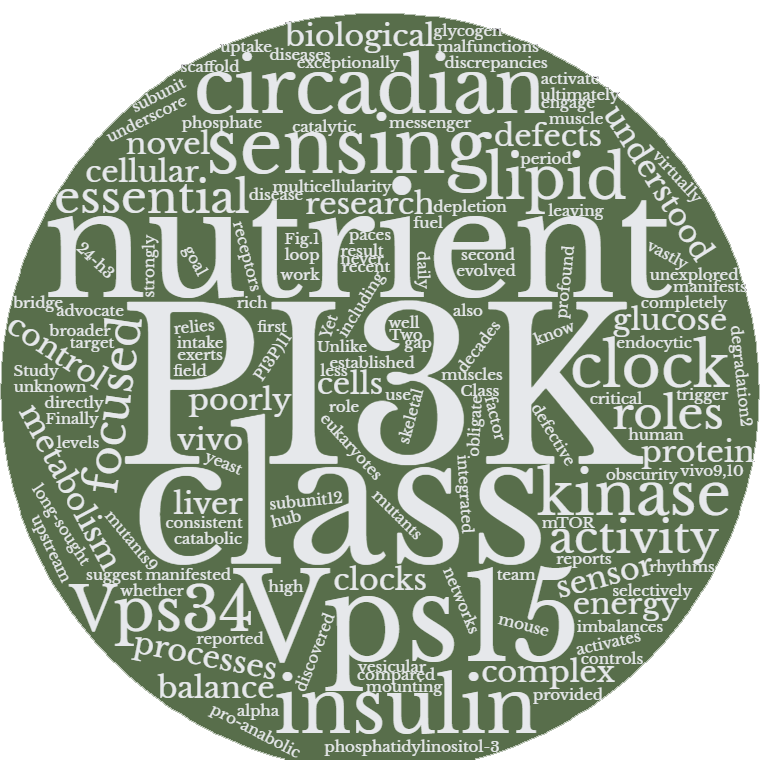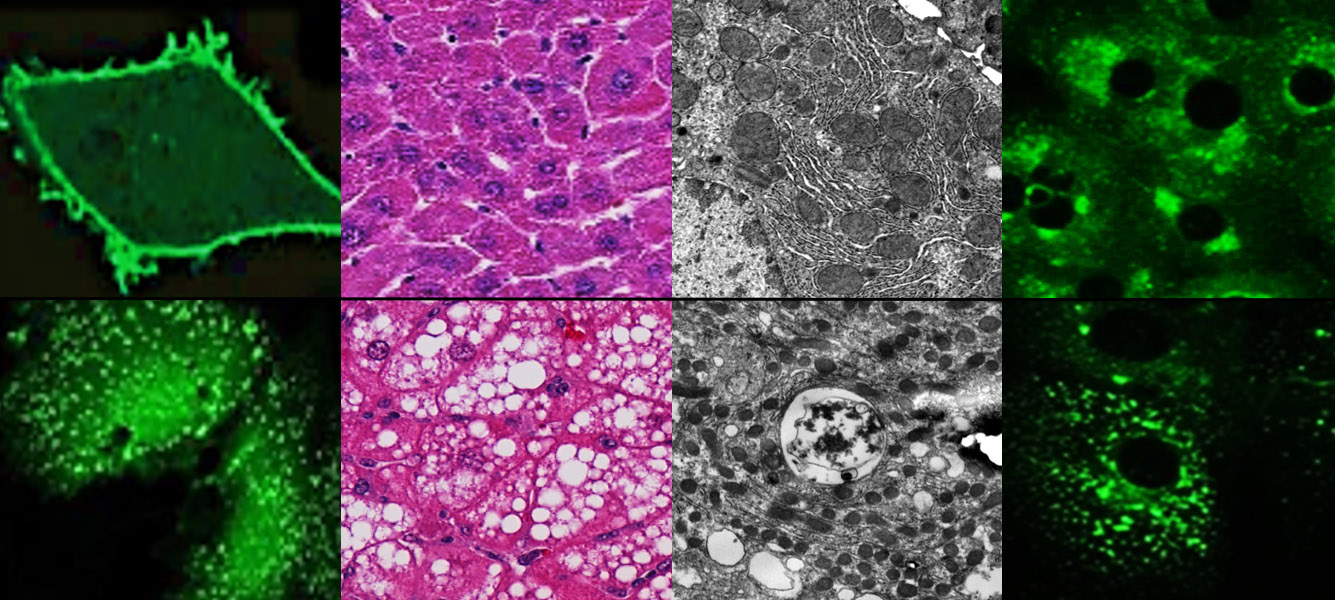Our research topic
Nutrient sensing enables metabolic homeostasis by matching energy use with fuel
availability. The vast body of knowledge on pro-anabolic nutrient sensors, such
as insulin and phosphoinositol-3 kinase (PI3K) signalling exposed the missing
links in molecular coordination of catabolism. The cellular catabolism relies
on mitochondrial activities and on lysosomal pathway of autophagy, both paced
by the biological clock. We are
interested in understanding how PI3K nutrient sensors synchronize metabolic activities
in healthy tissue and what are the consequences of their dysfunction in human
disease.
We focus on class 3 PI3K, the only PI3K
present in all eukaryotes. We have discovered its essential function for
catabolic homeostasis in vivo. In on-going
projects we seek to:
· Identify the
regulatory complexes of class 3 PI3K that serve its catabolic integrator
function
· Reveal the physiological regulation of class 3 PI3K and its reciprocal impact on metabolic timekeeping
· Discover genetic alterations in class 3 PI3K signalling in inborn metabolic diseases
· Translate our mechanistic findings to treatment of human diseases









